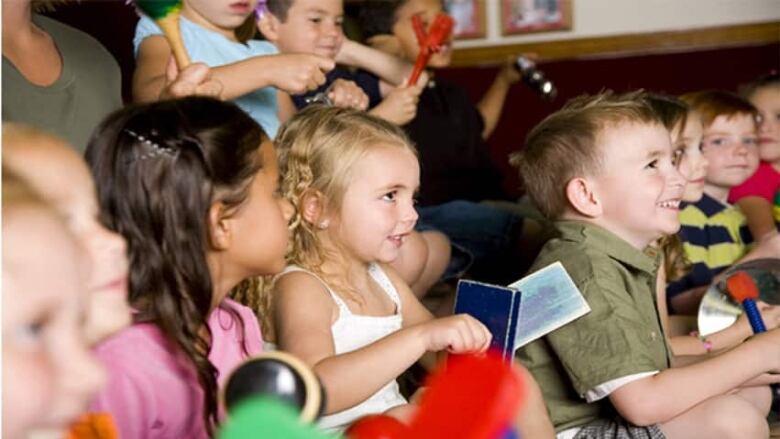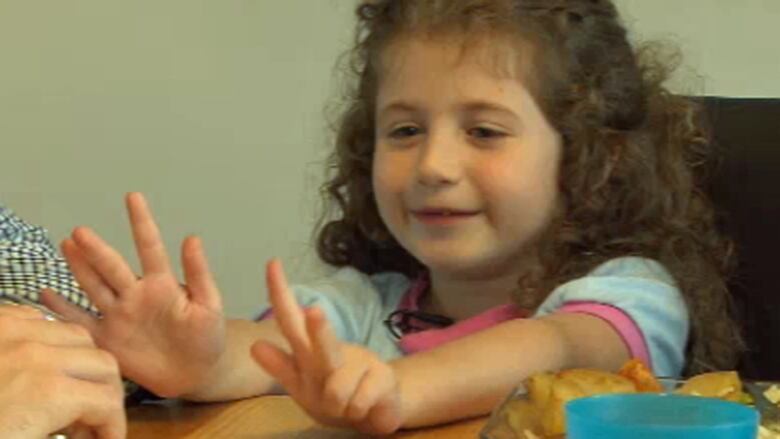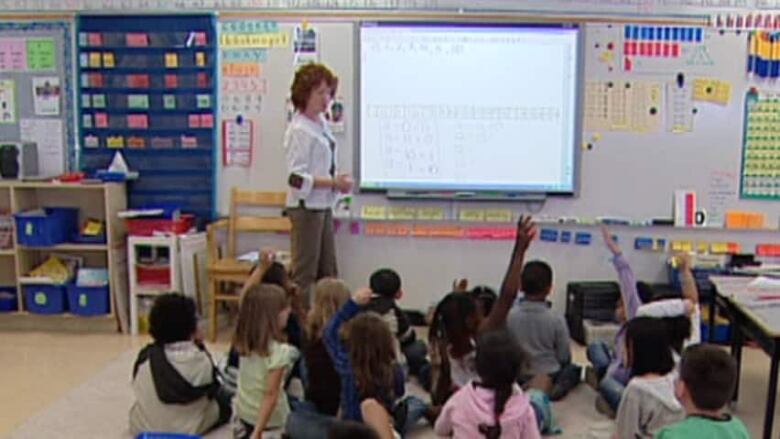French immersion reform: Stop playing political football
UNB's Joseph Dicks says it's time to restore an early entry point in French immersion

New Brunswick is Canadas only officially bilingual province. New Brunswick has the largest population of French speaking citizens outside Quebec. New Brunswick has a provincial official languages commissioner.
New Brunswick is the only province with no French second language programming for its youngest and most impressionable citizens: no French program for Kindergarten; no French program for grade 1; no French program for grade 2.
And for those who do not choose French immersion, no French program in grade 3 either. This does not make sense in either official language.
How did we get to this unfortunate state? Well, the answer is rather complex but it can be boiled down to one simplistic argument: According to its critics, early French immersion was poisoning the education system from Grades 1 to 3.
It was stealing away all the stronger students, leaving the English classes intellectually impoverished and overpopulated with students with learning difficulties.
The solution? Get rid of early French immersion, have all students together in Grades 1 and 2 and then have a choice for French immersion in Grade 3 instead.
This universal English program supposedly was preferable because all students could learn to read and write in English before they became streamed into different systems.
But, what are the chances that students who are experiencing reading or writing difficulties in English will enter the Grade 3 French immersion program? As one teacher commented to one of my graduate students researching this: Why would anyone want to do that to their child?"So much for eliminating streaming.
Impact of changes on students
But, has the delay in streaming resulted in better performance in reading and writing at Grades 1 and 2?

What they neglect to point out, though, is that the students who in the past would have been in French immersion are now part of that group, bringing the scores up.
Moreover, there has been a consistent trend for improvement over time: reading results improved by 18 per cent from 2004 to 2008 (before early French immersion was eliminated). The increase after early immersion was eliminated was much more modest.
Writing achievement also shows a steady increase over time. These improvements are positive and welcome, but can hardly be attributed to universal English.
Rather, they can be attributed to concerted and concentrated efforts of the Department of Education, school districts and teachers to improve literacy instruction.
Now, this explains why we have no French immersion from K-2, but not why we have no French second language programming at all at those grades.
Even the 20- to 30-minute per day core French classes have disappeared. Although core French has been criticized for not creating fluent speakers of French, this was not so much a decision based on program effectiveness, as it was on logistics.
Teachers who taught core French were now needed to teach a new Intensive French program that would begin with a pre-Intensive course at Grade 4 for students not in French immersion.
The hopes for this new intensive French program were quite high with some proponents predicting that student would graduate with levels of proficiency rivalling those of some French immersion students (intermediate proficiency was suggested as a possible outcome).
Unfortunately, there is no evidence to support this. The latest Department of Education statistics show that less that one in three intensive French students tested at the end of Grade 5 are achieving at the basic low level.
'What have we achieved?'
So, what have we achieved? No French programming from K-2 (even Grade 3 for many students). An intensive program that has created a major upheaval in the system but mediocre results at best.

The Liberal government of Shawn Graham and then education minister Kelly Lamrock created this mess. (Interestingly, Kelly Lamrock is now running for the NDP which has been quiet on the French immersion issue.)
The Progressive Conservative Party campaigned on a promise to hold an impartial review of French immersion programming. That resulted in the Lockyer-Robichaud report which recommended going back to a Grade 1 French immersion entry.
However, the PCs and then education minister Jody Carr decided to not act on those recommendations.
So far, they too are not talking about French immersion. Ironically, it is the Liberals with new leader Brian Gallant promising to re-instate early (K or Grade 1 entry) immersion.
Thankfully no one is campaigning on a promise to review the situation again.
No time for more studies

We need a sound, stable, early entry program that provides access for students of a wide range of abilities and that supports learners who are experiencing difficulty.
New Brunswick should have an early entry (K or Grade 1) French immersion program, just as every other province and territory in Canada does.
We need to stop playing political football with French immersion and engaging in unproven social experiments with our childrens future.- Joseph Dicks
When it comes to language learning, earlier is better in the long run. However, we need to ensure the structures are in place so that parents of students of all ability levels can choose that program and know that their children can remain in the program despite inevitable challenges they may encounter.
If French immersion continues to be seen as a program for a select few or for students of a certain socioeconomic class, it will continue to create the kind of divide that we have seen in the past and still see in delayed entry programs like the Grade 3 and Grade 6 entry programs.
We need to change our thinking about early French immersion. It is not enrichment. It is not there to benefit a few. It is a program that, when properly designed, can provide the maximum level of bilingualism for the broadest range of learners.
In our myopic view of things, we often miss what is happening outside our frame of reference. More children in the world are educated in their second language or second dialect than in their first.
Even in many Canadian cities, children with all kinds of academic challenges go to school from kindergarten onward in a language that is not the language they speak at home and they succeed at school.
We need to stop playing political football with French immersion and engaging in unproven social experiments with our childrens future.
Early French immersion has been proven to work just as well as the English program for students of various backgrounds and ability levels when proper supports are provided.
French immersion classrooms can and should be just as diverse in their make-up as any other classroom.
Parents need to know that. Teachers need to know that. And above all, politicians need to know that - and do something about it. And then leave well enough alone.












_(720p).jpg)


 OFFICIAL HD MUSIC VIDEO.jpg)
.jpg)



























































































